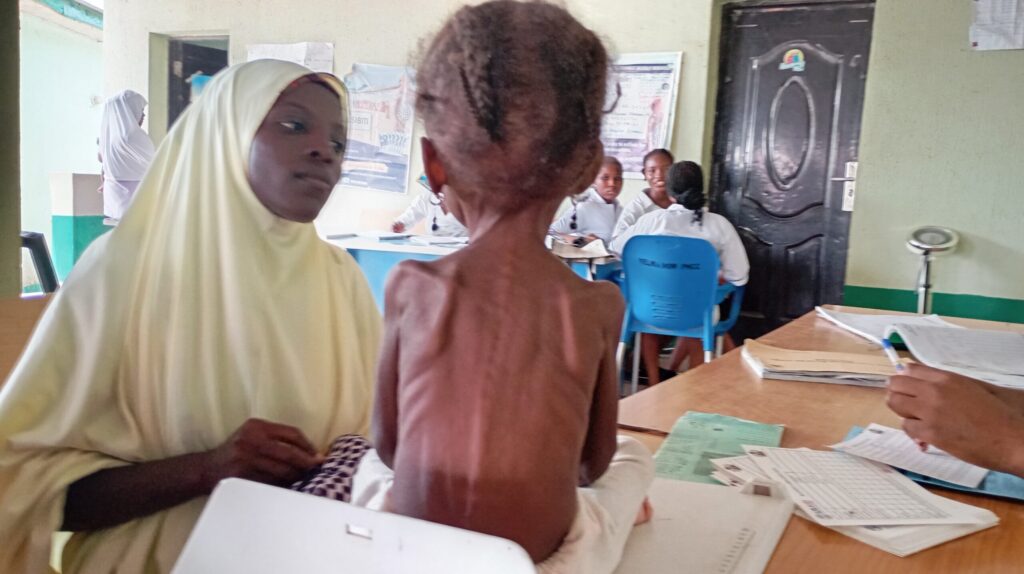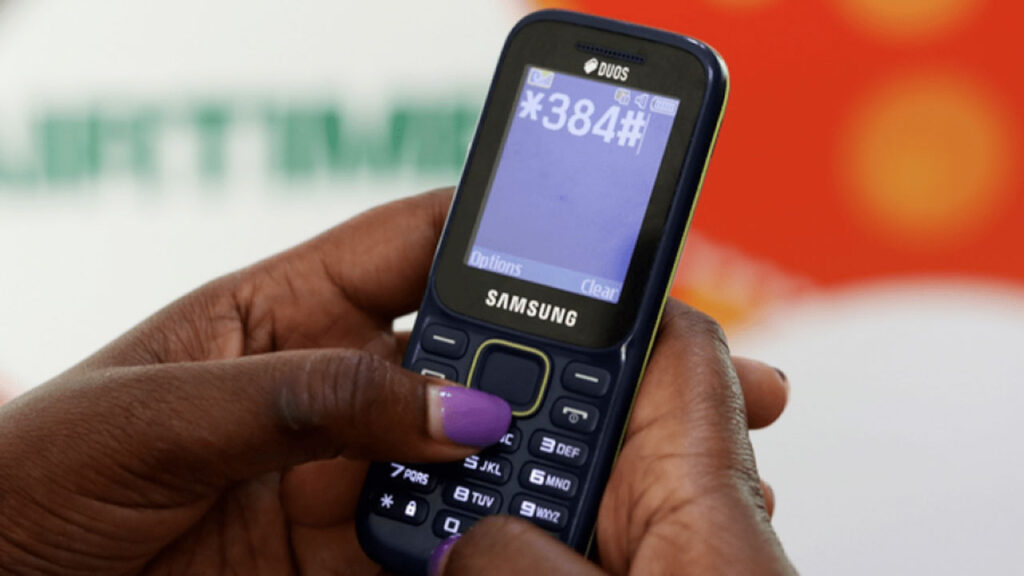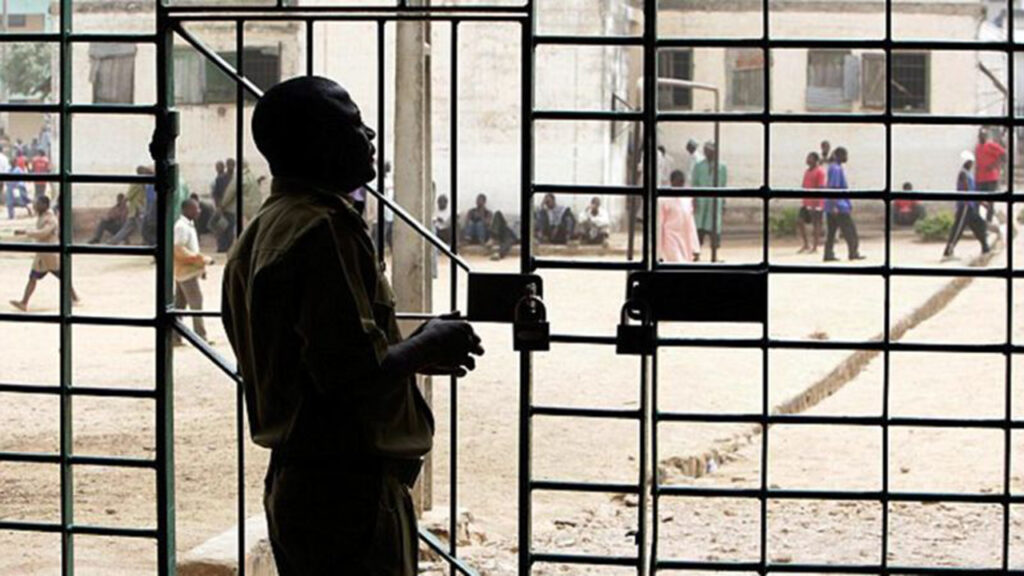
It was not a ‘Happy Children’s Day’ for kids and mothers battling severe malnutrition and fighting for survival in Bauchi communities.
A cross-section of mothers, who spoke with The Guardian yesterday, lamented that the prevailing hardship in the land had made a balanced diet a luxury to them.
According to the locals, the situation has pushed them into feeding their children with any meal at sight.
A visit to Yelwa Domiciliary Health Care Centre, Bauchi revealed that about 400 malnourished babies are recorded on Wednesday and Thursday, being Nutrition Day. The development has overstretched available material, Ready to Use Therapeutic Food (RUTF), to tackle malnutrition.
Ongoing economic reforms in the country have pushed more families into poverty.
According to the National Bureau of Statistics (NBS), the 2022 Multidimensional Poverty Index survey, 63 per cent of persons living in Nigeria (133 million people) are multi-dimensionally poor. Meanwhile, 65 per cent of the poor (86 million people) live in the North, while 35 per cent (nearly 47 million) live in the South.
Some of the mothers who bared their minds, attributed the problem to economic hardship, as they could not afford varieties of food.
Maimuna Ibrahim, a nursing mother with a six-month-old malnourished kid, who declined exclusive breastfeeding, explained: “I did not do exclusive breastfeeding because I do not have breast milk. I started giving the baby pap and water. I took him to a traditional home where they told me that he had a skin disease but when I came to the hospital, they told me it was malnutrition.
“In my first baby, I did not do exclusive breastfeeding but there was no case of malnutrition. I have heard about exclusive breastfeeding, but I regret not doing it. Everyone in my area is blaming me for his condition. I’m also blaming myself because I don’t think my son deserves this condition. Exclusive breastfeeding doesn’t cost anything.”
Another, a mother of a two-year-old and three-month-old girl, who also skipped exclusive breastfeeding, narrated that her kid does not take anything aside from water.
“If she eats, she will vomit and if we force her, she will faint. She has been taking only water since I gave birth to her. She hasn’t even taken a pap over the last two years,” she relived.
The Nutrition Officer at the PHC, Mukhtar Ahmad, said there has been a sudden upsurge in cases of severely malnourished babies due to poor intake of food with adequate nutrients.
“When we started our nutrition clinic, we were expecting about 10 cases, but we got about 200 cases in one clinic day –on Wednesday and the same thing on Thursday,” he added.
Ahmad attributed the challenge to poverty, selection of food choices during pregnancy and economic hardship.
“When they come, we teach them a combination of home-made micronutrients-dense food. Some of the cases we had in the past have recovered and are doing well,” the officer noted.
A Nutrition Specialist with the United Nations Children’s Fund (UNICEF) Bauchi Field Office, Philomena Irene, explained that to meet the minimum dietary diversity for healthy growth and development, kids need to consume foods from at least five out of the eight recommended food groups.
She said: “The eight food groups are: breast milk; grains; roots; tubers and plantains; pulses (beans, peas, lentils); nuts and seeds; dairy products (milk, infant formula; yoghurt; cheese); flesh foods (meat, fish, poultry, organ meats); eggs; vitamin-A-rich fruits and vegetables; and other fruits and vegetables.
“If children are fed with 0 to 2 food groups per day – they are experiencing chronic food poverty, 3 to 4 food groups per day – they experience moderate food poverty. five or more food groups per day – they met the minimum dietary diversity.”
Philomena urged the government to embrace the Child Nutrition Fund (CNF), a new financing mechanism, to accelerate sustainable policies, programmes and supplies to end child wasting.













